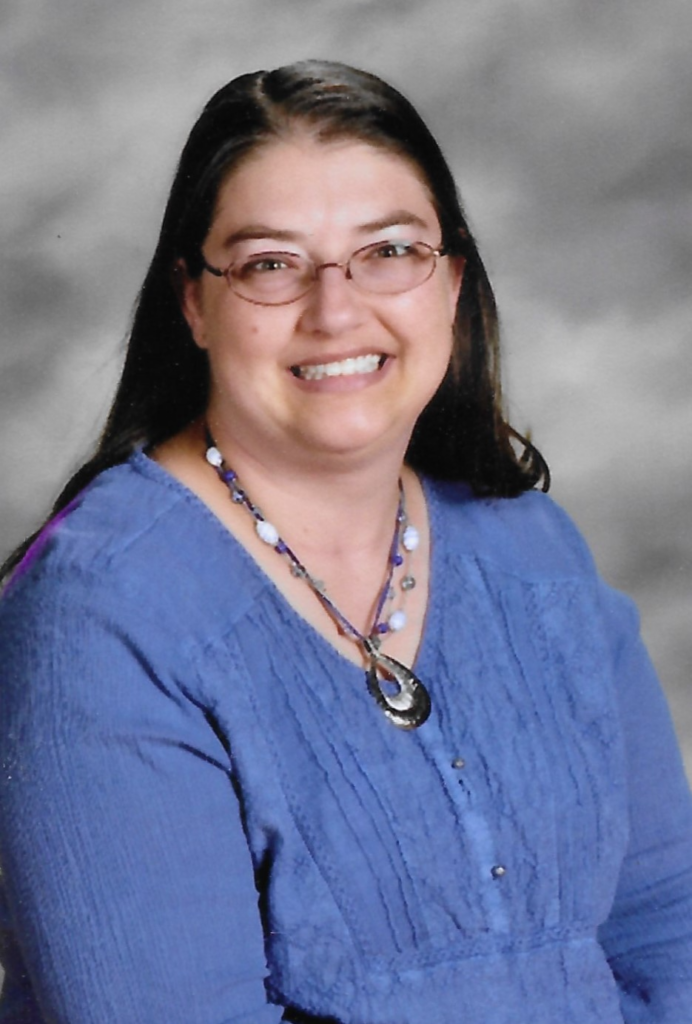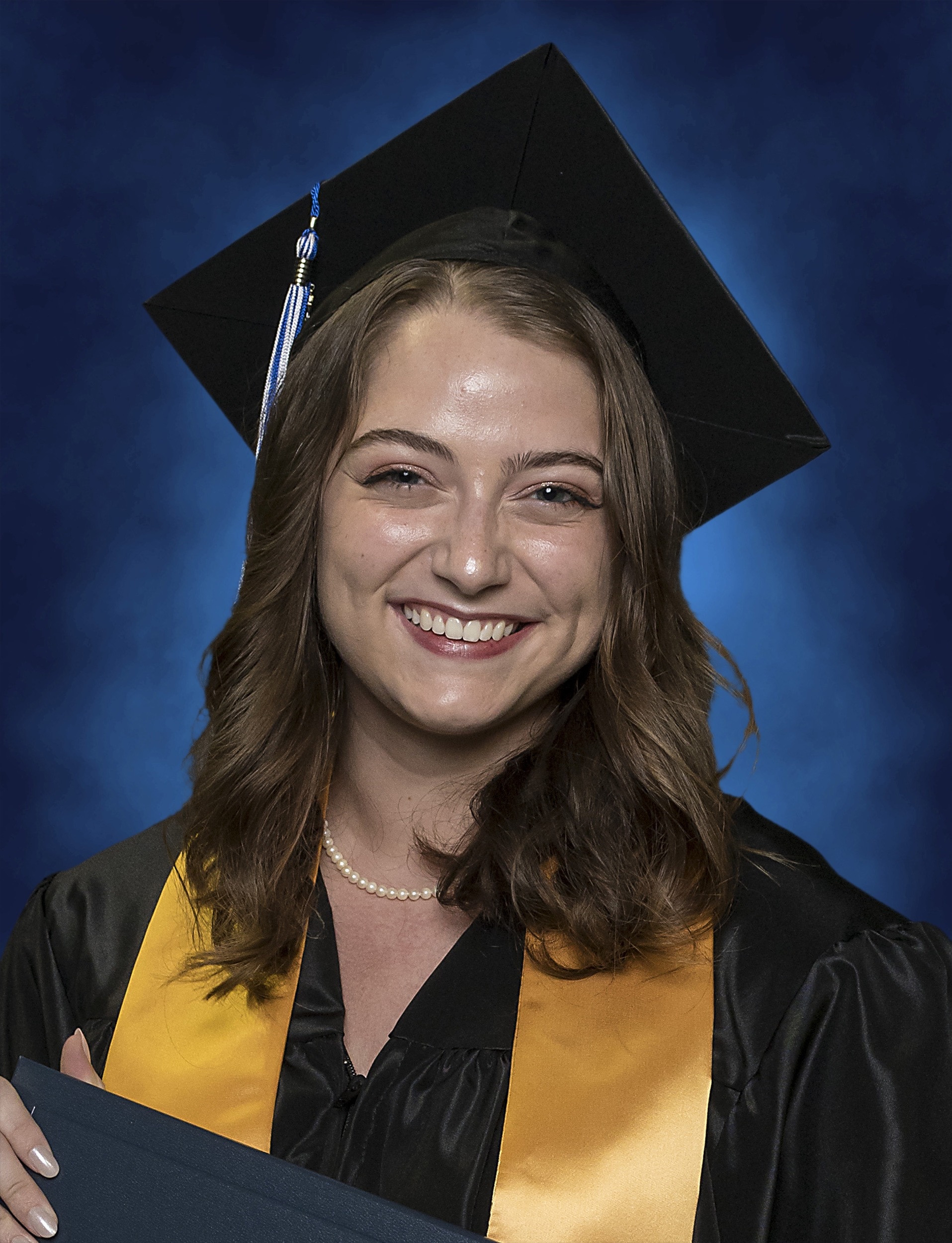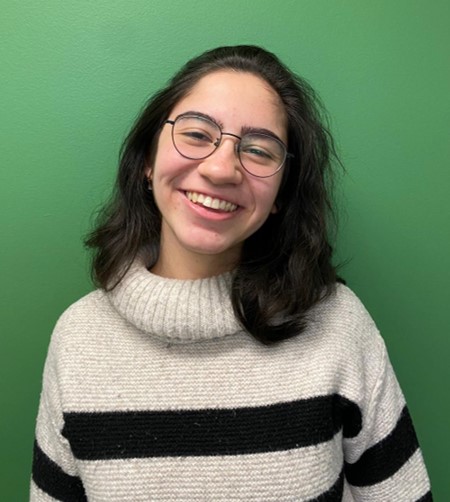Tennessee Center for the Study and Treatment of Dyslexia
Professional Staff
Tim Odegard, Ph.D.

Tim.Odegard@mtsu.edu
Chairholder, Murfree Chair of Excellence in Dyslexic Studies
Professor of Psychology
Tim Odegard, Professor of Psychology and Chairholder of the Katherine Davis Murfree Chair of Excellence in Dyslexic Studies at Middle Tennessee State University, is a renowned expert in dyslexia research. With a background in developmental cognitive psychology, Dr. Odegard’s pioneering work centers on reading difficulties and dyslexia. His research spans the identification of struggling readers, effective intervention methods, and comprehensive teacher training. Notably, he serves as Editor-in-Chief of the Annals of Dyslexia and has made significant contributions to improving literacy services for all learners, including individuals with dyslexia. Recognized for his outstanding dedication, Dr. Odegard has received prestigious awards, including the Luke Waites ALTA Award of Service and the IMSLEC Innovator Award for his impactful work in the field.
Karen Kehoe, Ph.D.

Karen.Kehoe@mtsu.edu
Director
Karen Flynn Kehoe is the Director of Dyslexia Services at the Tennessee Center for the Study and Treatment of Dyslexia at Middle Tennessee State University. She earned a bachelor’s degree in American Studies and French from the University of Notre Dame in 1999, master’s degree in education, with a language and literacy concentration, from Harvard University Graduate School of Education in 2003, and a doctorate in educational psychology from the University of Virginia in 2022. Dr. Kehoe’s research interests include risk and protective factors impacting the reading development of elementary students with or at risk for reading difficulties and disability, including dyslexia. She is also interested in studying socioemotional and behavioral influences on reading, especially among vulnerable student populations. Prior to pursuing her Ph.D., Karen worked in public and private school settings as a classroom teacher, reading specialist, and instructional coach. She also served in leadership roles in the local government and non-profit sectors, where she directed various education and community initiatives. Karen is passionate about working to ensure all children have access to high-quality, evidence-based reading instruction and intervention.
Melinda Hirschmann, Ed.D., CALT

Melinda.Hirschmann@mtsu.edu
Assistant Director for Educational Services and School Outreach
As Assistant Director for Educational Services and School Outreach at the Tennessee Center for the Study and Treatment of Dyslexia, Melinda collaborates with schools to support professional learning regarding literacy instruction and intervention for educators and their students in grades K-12. She also teaches undergraduate and graduate courses as an adjunct professor for the College of Education at Middle Tennessee State University. She earned her Master of Education degree in Special Education from Tennessee State University and her Doctor of Education degree from Lipscomb University. She had the pleasure and challenge of working with adolescent students as a middle school special education reading interventionist for 10 years. Melinda is a Certified Academic Language Therapist and has tutored elementary children using intensive structured literacy instruction. She also administers and supervises student assessments for characteristics of dyslexia. Melinda serves on the board of the Tennessee branch of the International Dyslexia Association.
Erin Alexander, Ed.S., NCSP, CALT

Erin.Alexander@mtsu.edu
Assistant Director for Clinical Services
Erin Alexander is the Assistant Director for Clinical Services at the Tennessee Center for the Study and Treatment of Dyslexia at Middle Tennessee State University. She trains and supervises graduate students who conduct assessments at the center, consults with parents and school personnel regarding how to best identify and support students with reading difficulties, provides workshops for parents, and delivers professional development to school personnel. She earned her B.S. in psychology, M.A. in school psychology, and Ed.S. in curriculum and instruction/school psychology from Middle Tennessee State University. She is a Nationally Certified School Psychologist (NCSP) and a licensed school psychologist through the TN Department of Education. Her previous experience includes serving on the board of the Tennessee branch of the International Dyslexia Association and working in the public schools in Tennessee as a school psychologist. Erin is also a Certified Academic Language Therapist (CALT) who has provided intervention to students with characteristics of dyslexia. She is an ex-officio member of the Tennessee Dyslexia Advisory Council, which was established in 2016 to advise the Tennessee Department of Education on matters related to dyslexia.
Jennifer Stewart, Ph.D.

Jennifer.Stewart@mtsu.edu
Assistant Director for Research Initiatives
Jennifer Stewart received her Ph.D. in Education from Southern Methodist University in Dallas, Texas. During her program, she was a scholar with the National Center for Leadership in Intensive Intervention (NCLII), funded by the Office of Special Education Programs. Through this program, Jennifer participated in research directly related to her interests, including reading and behavioral interventions for students with intensive learning needs, special education teacher training, multi-tiered systems of support (MTSS), and special education policy. Dr. Stewart continued her research as an Institute of Education Sciences (I.E.S.) Postdoctoral Research Fellow at the University of Virginia, where she supported research and outreach conducted through the Virginia Literacy Partnerships office. Jennifer’s current research focuses on observations of literacy instruction for students at-risk for reading difficulties and disability and administrator perceptions of providing MTSS (focusing on their campus-wide support of data-based decision making and delivery of intensive interventions). Before beginning her Ph.D., she spent time as both a special education teacher and instructional specialist in Dallas and London, England.
Support Staff
Kim Haag

Kimberly.Haag@mtsu.edu
Executive Assistant, Chair of Excellence in Dyslexic Studies
Kimberly Haag is the Executive Assistant at the Tennessee Center for the Study and Treatment of Dyslexia at Middle Tennessee State University. She has over fifteen years of experience in professional executive assistant positions. As Executive Assistant, she provides support to the Dyslexia Center’s team members, ensures the smooth operation with her efficient handling of the parent/educator inquiries, plus assists with the coordination of the budget, conferences, and educator workshops. In her free time, Kimberly likes to hike, volunteer for Habitat for Humanity, and spend time with her family.
Graduate Assistants Pursuing a Ph.D. in Literacy Studies
Katy Kloberdanz, M.Ed., LDT, CALT-QI

Katy Kloberdanz is a third-year Ph.D. student in the Literacy Studies program and a Literacy Fellow with the Tennessee Center for the Study and Treatment of Dyslexia. She is a Certified Academic Language Therapist – Qualified Instructor (CALT-QI) and Licensed Dyslexia Therapist (LDT) in the state of Texas. She most recently served as an Education Consultant for Dyslexia and Related Disorders at Education Service Center – Region 20 in San Antonio, Texas, where she provided technical assistance and training for 91 districts and charter schools in 19 counties of central and south Texas. Her direct feedback was incorporated into the Texas Dyslexia Handbook, 2021 Update, helping shape the state’s dyslexia guidance document. Having taught in both private and public school settings, Katy has worked with diverse student populations and served in a variety of roles. She has worked as a classroom teacher, instructional specialist, data analyst, and dyslexia specialist, and she served as the dyslexia coordinator of a large urban district. She earned a Bachelor of Arts in Spanish from the University of North Texas and an M.Ed. in educational administration from Lamar University. Her research interests center around early dyslexia screening and identification, particularly for English learners and twice exceptional students.
Heather Joslin, M.A., BCBA

Heather Joslin is a second-year graduate student in the MTSU Ph.D. Literacy Studies program. She currently works as a behavior coach for Murfreesboro City Schools providing support for four elementary schools within the district. Ms. Joslin has a master’s degree in psychology with a concentration in Applied Behavioral Analysis. She has been a Board Certified Behavior Analyst (BCBA) since 2001 and became a Licensed Behavior Analyst in the state of Tennessee in 2015. Her research interests center around how literacy skills influence social interactions and behavior in education.
Lindsey Lowery, Ed.S.
Lindsey Lowery is a second-year student in the Ph.D. Literacy Studies program at MTSU. She currently serves as an elementary teacher in Tennessee and is working toward certification as a language therapist.
Whitney Hodges, M.Ed.
Whitney Hodges is a first-year student in the Ph.D. Literacy Studies program at MTSU. She currently serves as an elementary teacher in Tennessee.
Pamela Shewalter, M.A.

Pamela Shewalter is a Ph.D. candidate in the Literacy Studies program. She has worked as a special education teacher in a K-8 school where she served as a reading interventionist and case manager. She earned her bachelor’s degree in special education from MTSU in 2011 and a M.A. from Ball State University in autism and applied behavior analysis in 2016. Her research interests are testing validity in struggling readers, best practices for interventions, generalization of intervention methods, and the use of appropriate accommodations.
Graduate Assistants Pursuing Degrees in Psychology
Emma Kassebaum, M.A.

Emma Kassebaum is a second-year graduate student in the School Psychology program. She received her bachelor’s degree in psychology with minors in mental health services and sociology from Middle Tennessee State University. She earned her master’s degree in psychology with a concentration in school psychology from MTSU and is currently pursuing an education specialist (Ed.S.) degree. Emma plans to become a school psychologist and serve elementary aged students and their families in a public-school setting.
Tori Clark, B.A.

Tori Clark is a first-year graduate student in the School Psychology program. She received her bachelor’s degree in psychology with a minor in child and family studies from the University of Tennessee, Knoxville. She is currently pursuing a master’s degree and intends to also pursue an education specialist (Ed.S.) degree. Tori plans to become a school psychologist and serve elementary aged students in a public-school setting.
Anna Robison, B.S.

Anna Robison is a second-year student in the M.A. Experimental Psychology program and currently serves as the Lab Coordinator in our research laboratory at the Center. She holds an associate’s degree in psychology from Motlow State Community College and subsequently completed her bachelor’s degrees in psychology and sociology at Middle Tennessee State University. Anna’s research interests primarily revolve around the social and behavioral determinants of aging, and she aspires to pursue a Ph.D. in social gerontology, focusing on various social aspects of aging.
Undergraduate Researchers
Gamze Mert

Gamze Mert is a junior majoring in psychology, with a minor in neuroscience and human sciences. As a student in MTSU’s Honors Program Buchanan Transfer Fellowship, her research interests center on dyslexia. For her honors thesis, Gamze is currently collaborating with the Center for Dyslexia to understand the experiences and perspectives of parents of children with characteristics of dyslexia. Her ultimate goal is to help improve access to educational, social, and mental health services and resources for children and families. Gamze currently serves as Treasurer of the Student Organization of Advancement of Research (SOAR) and volunteer with the Psychology Department, collecting data in Dr. James Houston’s EEG (electroencephalogram) lab.
